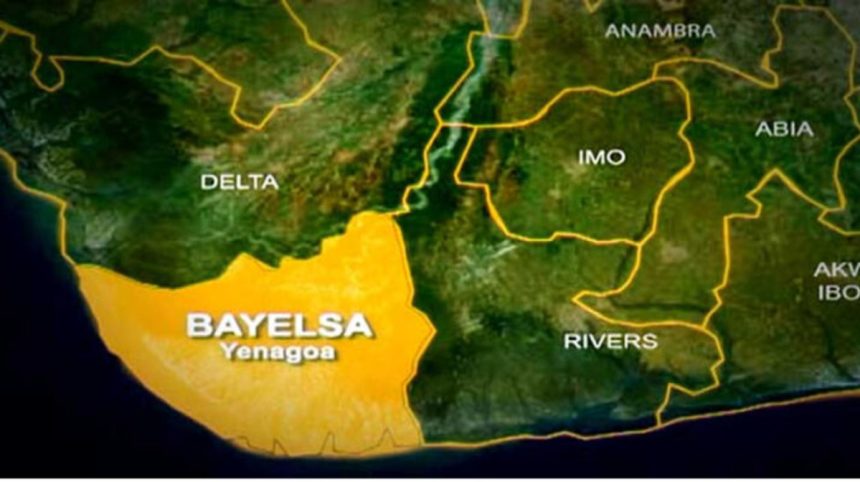Civil Society Organisations (CSOs) in Bayelsa State have trained community-based volunteers to boost participation in the fight against malaria, equipping participants with the knowledge, resources and tools to strengthen health outcomes at the grassroots.
The two-day stakeholder session in Yenagoa was organised by the Bayelsa State TB Network in partnership with the Civil Society on Malaria Control, Immunization, and Nutrition (ACOMIN) and the Network of People Living with HIV and AIDS in Nigeria (NEPWHAN).
Mrs. Opia Benita, Bayelsa State TB Network Coordinator, said the training is designed to give participants insight into the national Community Led Monitoring (CLM) and Community System Strengthening (CSS) framework.
She explained that the framework aligns with Nigeria’s goals of Universal Health Coverage and the Sustainable Development Goals (SDGs), stressing that strong community systems are essential to building resilient health systems.
She added that the training aims to place communities at the centre of health initiatives, empowering them to lead in service delivery, resource management, disease prevention and advocacy for health rights.
“Some of the roles of CLM and CSS includes the central focus of improving the quality of care for the communities we represent. The CSO networks especially NEPWHAN, TBN, ACOMIN have been working tirelessly towards a harmonized system for disease response in Nigeria.
“One of the expectations of the CSOs is to actualize the long-awaited system that would amplify our unique strength with a common goal of service to our communities. Within the 2-day training, our focus would be on harmonizing CSOs and community led activities,” she said.
During the training, an 11-chapter document defining the community system framework, including the Community System Strategy Indicator Framework, was adopted. The framework also covers CSOs’ roles in pandemic preparedness, public financing, technology integration and digital transformation.
Rev. Tonye Ayamah, Deputy Coordinator of Bayelsa State TB Network, said the training seeks to enhance accountability and transparency, improve health service quality, strengthen data collection and decision-making, and support disease control.
“We discussed about the CLM data flow, validation, and use in decision making. The operational modalities and institutional arrangements for the National CLM framework which ensures that Nigeria’s CLM is community driven, government supported, technologically enabled and financially sustainable,” he said.
While presenting the national community system strengthening document, Mr. Titus Seribo, representing ACOMIN, said the civil society groups are focused on educating communities on TB, HIV, Malaria and human rights.
“So, a comprehensive approach involving education, advocacy, stakeholders’ engagement and public financing is necessary to empower communities, improve health outcomes, and ensure long term sustainability in tackling public health issues, with a focus on equity and inclusion of marginalized groups,” he added.
Meanwhile, Rose Nwokezi, State Coordinator of NEPWHAN, said the training identified challenges such as limited coordination, insufficient capacity, poor funding and lack of sustainable partnerships, which hinder community effectiveness during pandemics like COVID-19, Ebola, HIV, TB and Malaria.
ALSO READ TOP STORIES FROM NIGERIAN TRIBUNE
WATCH TOP VIDEOS FROM NIGERIAN TRIBUNE TV
- Relationship Hangout: Public vs Private Proposals – Which Truly Wins in Love?
- “No” Is a Complete Sentence: Why You Should Stop Feeling Guilty
- Relationship Hangout: Friendship Talk 2025 – How to Be a Good Friend & Big Questions on Friendship
- Police Overpower Armed Robbers in Ibadan After Fierce Struggle






